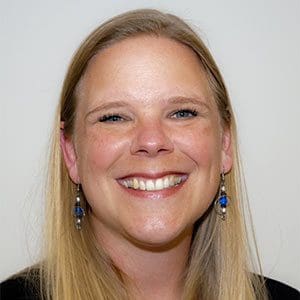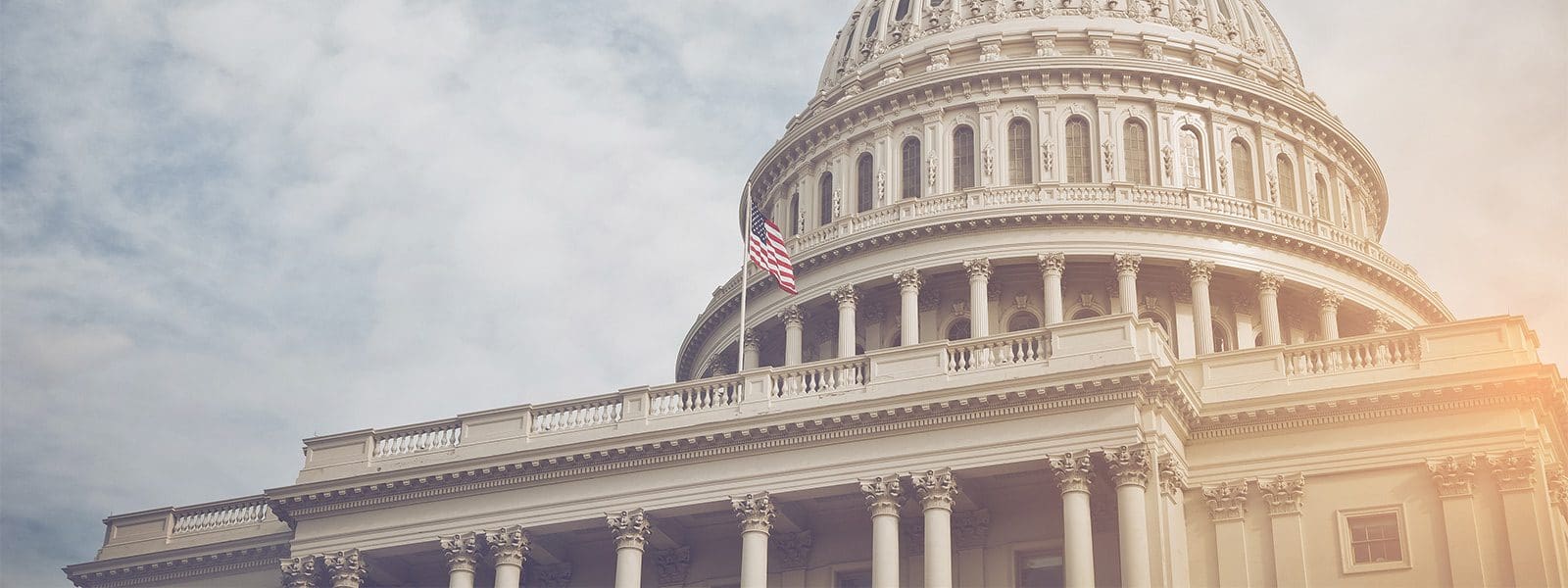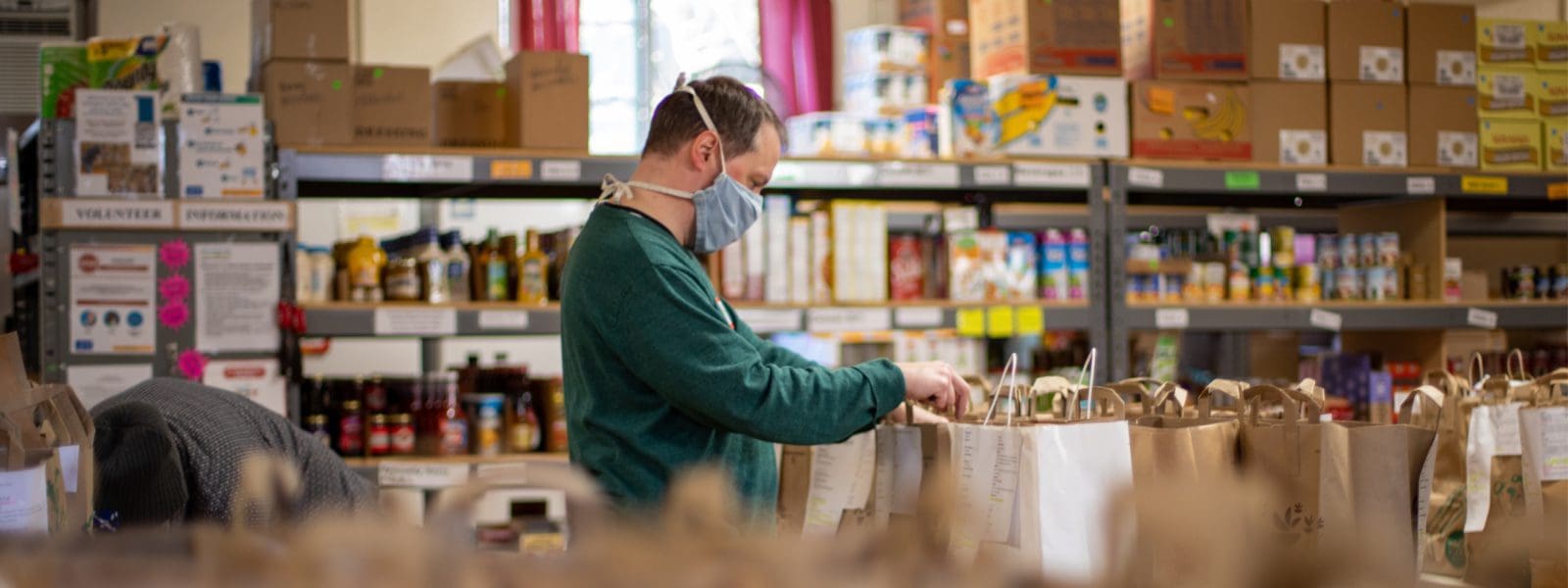If there ever was a moment for the social sector to embrace the idea of psychological safety, it is now. The importance of personal trust has long been part of the sector – which includes changemakers at nonprofits, philanthropies, and corporate-giving programs – and it’s an underpinning to strengthening communities through volunteering, charity, organizing, and policies.

Michael DePass
But psychological safety is gaining more attention these days, especially as it relates to social sector workers, say Michael DePass and Marin Burton, senior faculty members with the Center for Creative Leadership (CCL), a global provider of leadership development and member of Independent Sector. Technology is accelerating global change, which can cause new experiences and uncertainty. Racial unrest and injustice are spotlighting the need for inclusion and belonging. COVID-19 is forcing people to confront immediate and sometimes uncomfortable conversations about life, work, and isolation.
While psychological safety can mean many ideas to people, Burton defines it this way: “Psychological safety is about having a team climate that is characterized by personal trust. It’s where people are being comfortable as themselves at work. There’s a shared belief by the team that you can take interpersonal risks and still feel safe, that you have the confidence that your team will not reject or punish you for speaking up.”

Marin Burton
For the social sector, the concept is important because it can help an organization or changemaker achieve mission-related progress and goals. By creating healthier workplace communities, diverse groups of colleagues can focus on pursuing a nonprofit’s mission when there is trust and safety.
“When teams experience psychological safety, people are willing to learn and bring forth diverse perspectives. For nonprofits, team members are typically the most important resource,” says DePass, CCL’s new Global Director of the Equity, Diversity, and Inclusion Practice. “People stay and meaningfully contribute when they can have honest conversations about what matters most.”
DePass and Burton say it requires a conscious effort for nonprofit organizations to create more psychologically safe workplaces. “Sometimes, leaders think because there is a shared passion for the mission that we have a safe environment. Those things are not the same,” DePass says.
“Nonprofits typically have a service orientation,” Burton adds. “Sometimes, it can get overlooked that nurturing your own workplace and taking care of employees can lead to success. We can’t serve others if we are burned out.”

Photo by Getty Images and courtesy of the Center for Creative Leadership
In part, leaders can create psychological safety by making it a workplace priority. They can explicitly state that it is imperative for staff members to take care of themselves.
“People need to know that leaders are paying attention to the work climate and that they are making intentional efforts to improve the environment,” Burton says. “It’s important for people to speak up without fear of retribution. Leaders can facilitate this. When staff give leaders hard feedback, leaders can stay curious to learn what someone’s experience is and say thank you for having the courage to tell the truth.”
In addition, DePass says it helps when leaders keep in mind that they are leading a diverse group of staff members: “Leaders need to be intentional about what their team members need, not just what they need.”
Burton cites this example of how the idea played out at one workplace last year.
After George Floyd’s murder in May 2020, Burton’s husband, a health clinic medical director in North Carolina, his staff members, and their patients confronted racism like millions of other people in the United States.
Some patients hurled racially atrocious comments at employees of color at the clinic. Many health care providers, staff members, and patients felt unsafe. Burton’s husband, who is white, used his position and privilege to tell clinic staff and patients that they need to honor one another and that he would not tolerate racist behavior.
“Some patients apologized, and some left the practice,” she says. “Taking a stand meant that employees and patients knew what to expect, that they’d have a safe environment. That strengthened their team.”
“Leaders set up the environment, and people need to choose to be vulnerable and take a risk,” DePass says. “People often think about this in bifurcated containers, but safety is an amalgamation of everything. How do I feel in the hallway? In a meeting? In a private conversation?”
Burton says part of building a psychologically safe environment is reflected in how people show up for one another. If the nation’s diverse communities are to be healthy and equitable and places where everyone can thrive, leaders must focus on creating an internal environment that reflects these values.
The current circumstances of living through a global pandemic make all of this more complicated. “My word for 2020 was grace,” Burton says. “In addition to these strategies, one thing that goes a long way is to give and receive grace from one another. I decided that even after the pandemic the word of all my years will be grace.”
Bradley Wong is director of strategic communications and public relations at Independent Sector. As a sponsor of this year’s Upswell Summit, October 20-22, the Center for Creative Leadership is supporting a session about the need to listen to understand. CCL, an Independent Sector member founded in 1970, also sponsored the September 14 Upswell Pop-Up, “People Power Changework.” This year’s virtual Upswell Summit is powered by Independent Sector. Learn about other Independent Sector members and becoming a member. The top photo is by Getty Images and courtesy of CCL.



